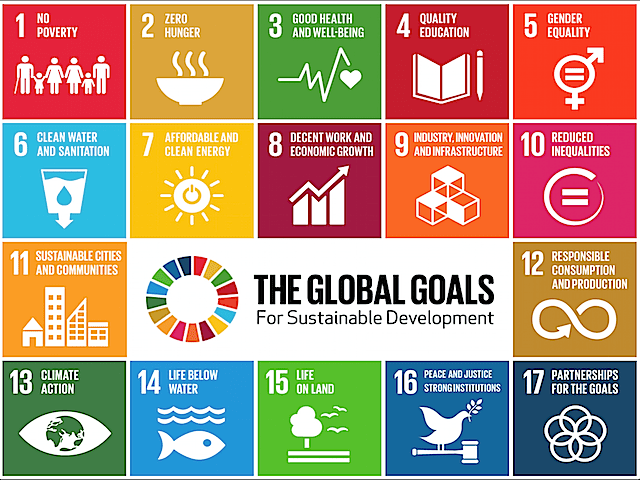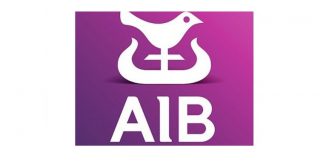Sustainable Development Goals Reporting and Communications
Since the launch of the Sustainable Development Goals in 2015, four in ten of the world’s largest companies currently discuss the SDGs in their corporate reporting; the pressure is not only from Governments, employees and consumers but also from many investors who are starting to integrate the SDGs into their portfolio analysis. It is being driven by a shift in attitudes towards a desire for returns that benefit society as well as financial returns. Think emission reductions, workforce diversity, workforce training and development, board structures, management compensation policy, shareholder rights and business ethics for some of the more obvious examples.
Whilst a recent PwC research report identified a clear appetite for integrating the SDGs, there remains a gap between companies’ good intentions and their ability to embed the SDGs into actual business strategy. Current reporting reveals that companies are selecting SDGs that correspond to existing activities and metrics that they are already capturing. While it is important to disclose existing efforts that are demonstrably driving positive change, more needs to be done in terms of identifying new actions that could contribute to the SDGs, what that means in terms of opportunities within the business and any instances where negative impacts need to be addressed.
There is scope to improve the depth of SDG analysis as most companies have only considered the SDG at target level rather than specific indicators, very few go into more detail in terms of concrete KPI’s to measure their performance over time.
The emergence of new standards and resources – such as detailed guidelines by the UN Global Compact and GRI is helping companies navigate this space and to establish a firmer picture of what constitutes best practice SDG reporting. The World Benchmarking Alliance has established a publicly available global benchmark to measure and compare the performance of leading companies when it comes to the SDGs. The World Business Council for Sustainable Development has developed a number of resources to support business navigate the SDG agenda which includes, SDG Business Hub, CEO guide to the SDGs and SDG sector Roadmap Guidelines.
Action at Sector Level is also important, WBCSD is working directly with numerous sectors on their road-mapping initiatives and has also published freely available guidelines which outline best practice in terms of the road-mapping process. Our Leaders’Group on Sustainability is supporting Ireland’s business sector in the transition to a low carbon economy with the launch of the first dedicated Low Carbon Pledge to set industry standards on sustainability and reduce carbon usage which directly aligns with SDG13 & SDG7. To date over 50% of our member companies have signed the Low Carbon Pledge. A further outcome of this group is the Inclusive Employee blueprint, a practical guide to create inclusive workplaces and reduce inequality in Ireland which aligns with SDG4, SDG5 & SDG8 .
Communications
SDG-driven corporate reporting isn’t just important in terms of proving the business case for sustainability. It is absolutely essential in helping companies communicate sustainability to the outside world – in a way that builds trust and abolishes any hint of greenwashing. It’s clear that more work needs to be done – not least because CEO support and executive boards help propel real change throughout an organisation. CEOs need to lead engagement on SDGs, internally and externally to their organisation. By actively ensuring that the Goals are central to business strategy – demanding clear feedback from the business on how its performance helps reach those targets.
Best Practice SDGs reporting
We have compiled a list of companies that follow best practice in integrating and communicating the Sustainable Development Goals.
- Vodafone – Leveraging the power of technology
- Enel – Performance measurement
- Heiniken – Innovation in supply chain management
- Randstad – Importance of the SDGs
- Nestle – Materiality and stakeholder engagement
How we can support you
We target the realisation of the Goals through our core service offerings which have been aligned to the SDGs. This includes strategy, education, training and events programmes, as well as the Business Working Responsibly Mark, our Education and Employment programmes and all marketing communications.
Our services:
- As members or the National Stakeholder Forum on the SDGs, we collaborate with the Irish Government on the role of the Irish Private Sector to the SDG and its overall impact and contribution
- Facilitate SDG workshops with member companies to align business strategy to the Goals
- Facilitate sector collaboration with multiple stakeholders including work as part of the Leaders’ Group on Sustainability, and active members of the CSR Forum
- BITCI Events and Training calendar
Contact your Account Manager if you would like support on the SDGs.
If you are not a member please contact our Membership Executive Lorraine O’Toole lotoole@bitc.ie or learn more about the benefits of joining our Network.
Tags:







